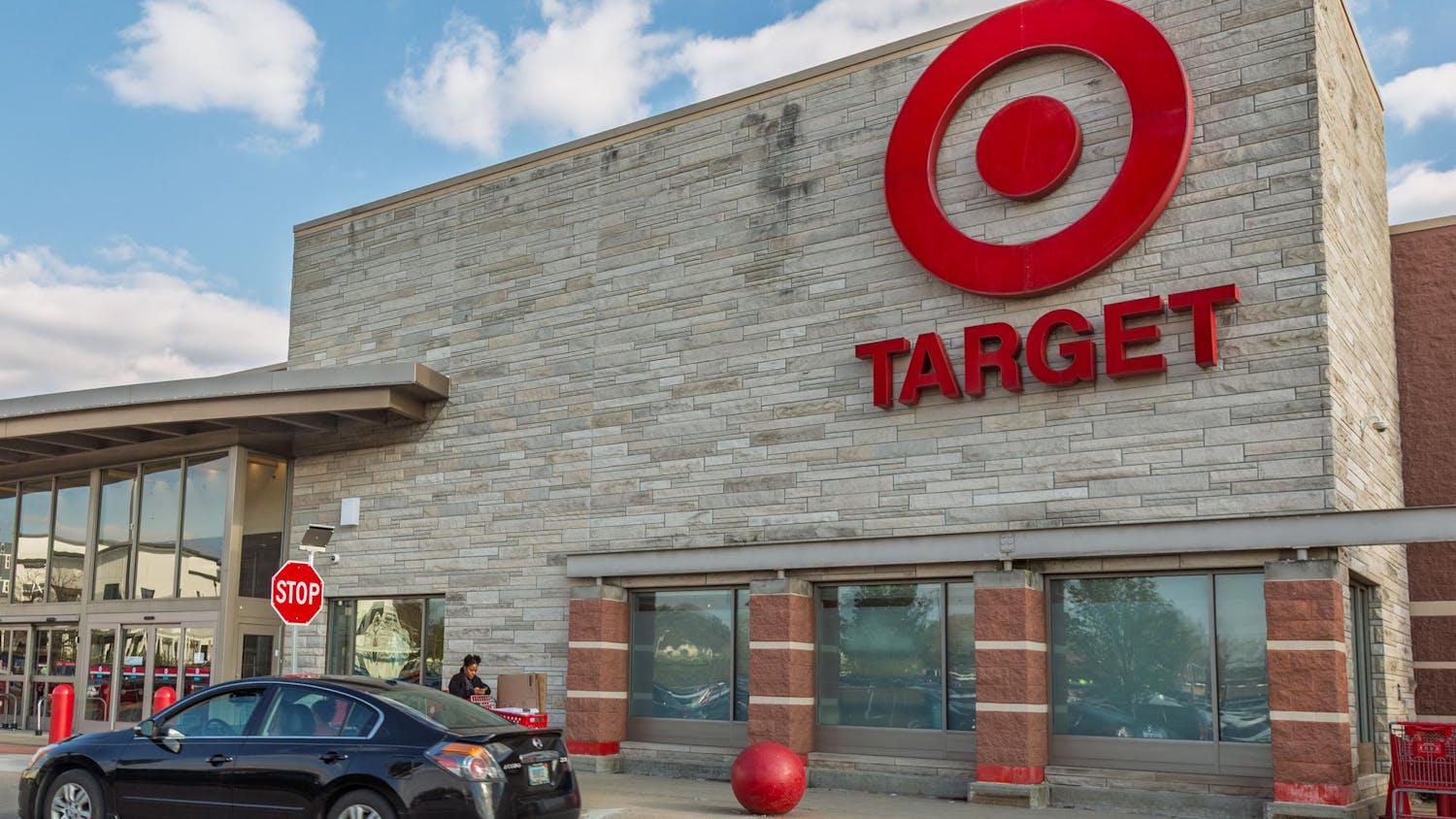With so much attention on Vancouver and the medal count, it can be easy to forget another group of hard-working athletes.
Since 1968, the Special Olympics has provided an opportunity for children and adults with intellectual or developmental disabilities to compete on an international level in many sports.
Special Olympics Indiana, the state branch of the international organization, was founded in 1969 and now serves 10,000 athletes across the state. In addition to the international and national games held every four years, there is a yearly statewide
competition. Athletes can compete in both the summer and winter games, though Indiana cut the winter version this year.
“Those were cancelled in 2010 due to the budget, but we plan to reintroduce winter games in 2011 on a bigger scale,” said Amanda Shelley, public relations and marketing manager for SOI.
SOI athletes participate in 22 sports including basketball, flag football, horseshoes and bowling. The individual athletes and teams are placed in different divisions based on skill level, gender and age to ensure fair competition.
In 2009, SOI introduced its 22nd official sport: ballroom dancing.
Shelley said SOI is the only Special Olympics program in the world to offer ballroom dancing as a sport. Bowling is the most popular sport in the state, she said. SOI will send 116 athletes and unified partners to the 2010 National Games in Lincoln, Neb.
For an athlete to be eligible for the Special Olympics, he or she must be diagnosed as having a cognitive delay, which is when the brain does not transmit information at a normal rate and can be coupled with or cause physical disabilities.
Once an athlete has been declared eligible for the Special Olympics, they are always eligible regardless of worsening in condition. The Special Olympics offer wheelchair competitions for athletes who have a physical disability in addition to an intellectual disability.
SOI also offers volunteer opportunities for college students. Lindsay Lambert, SOI manager of volunteer services, said the most popular volunteer choices for college students are coaching and being a unified partner. Lambert said coaches do not have to be a star in the sport they want to coach, although some experience with the sport is a plus. The 2009 Summer Games had 996 coaches for 2,500 athletes.
Unified partners are volunteers who play on teams with Special Olympics athletes. Only 15 of SOI’s 22 sports offer a unified partners program. Sports offering a unified partner program include basketball, softball, volleyball and cycling.
“All the sports start as traditional sports,” Shelley said. “Given the popularity of the sport, we then add a unified aspect. An athlete can participate in singles bowling, traditional doubles, unified doubles or a team of athletes and unified partners.”
Unified partners give more skilled athletes an opportunity to play against higher level competition and a chance to interact with people without disabilities.
One hundred seventy-five unified partners competed in the 2009 Summer Games, and there are rules to ensure unified partners cannot dominate the competition.
“You might end up with 8 gold medals because there are 8 divisions,” Lambert said.
Prospective volunteers must fill out an application that is available on the SOI Web site. If the volunteer is 18 or older they are also subject to a background check. Once accepted as a volunteer, there is a brief orientation they must attend.
Sports seasons are eight weeks long, so coaches and unified partners must make an eight-week commitment when signing up to volunteer, Lambert said. Volunteers can also sign up for single-day events held throughout the year.
Special Olympics offer alternative for hundreds of athletes
Get stories like this in your inbox
Subscribe



